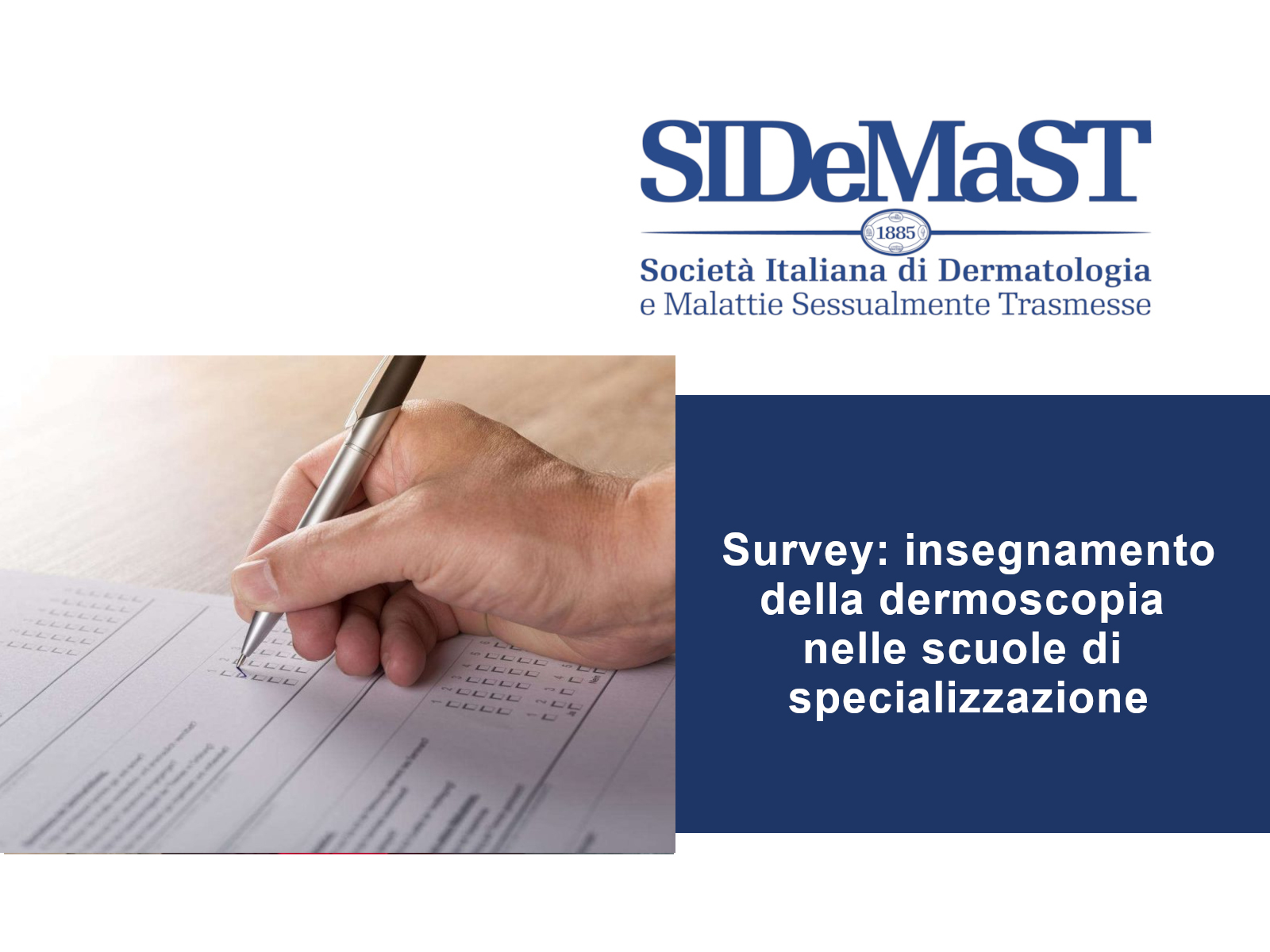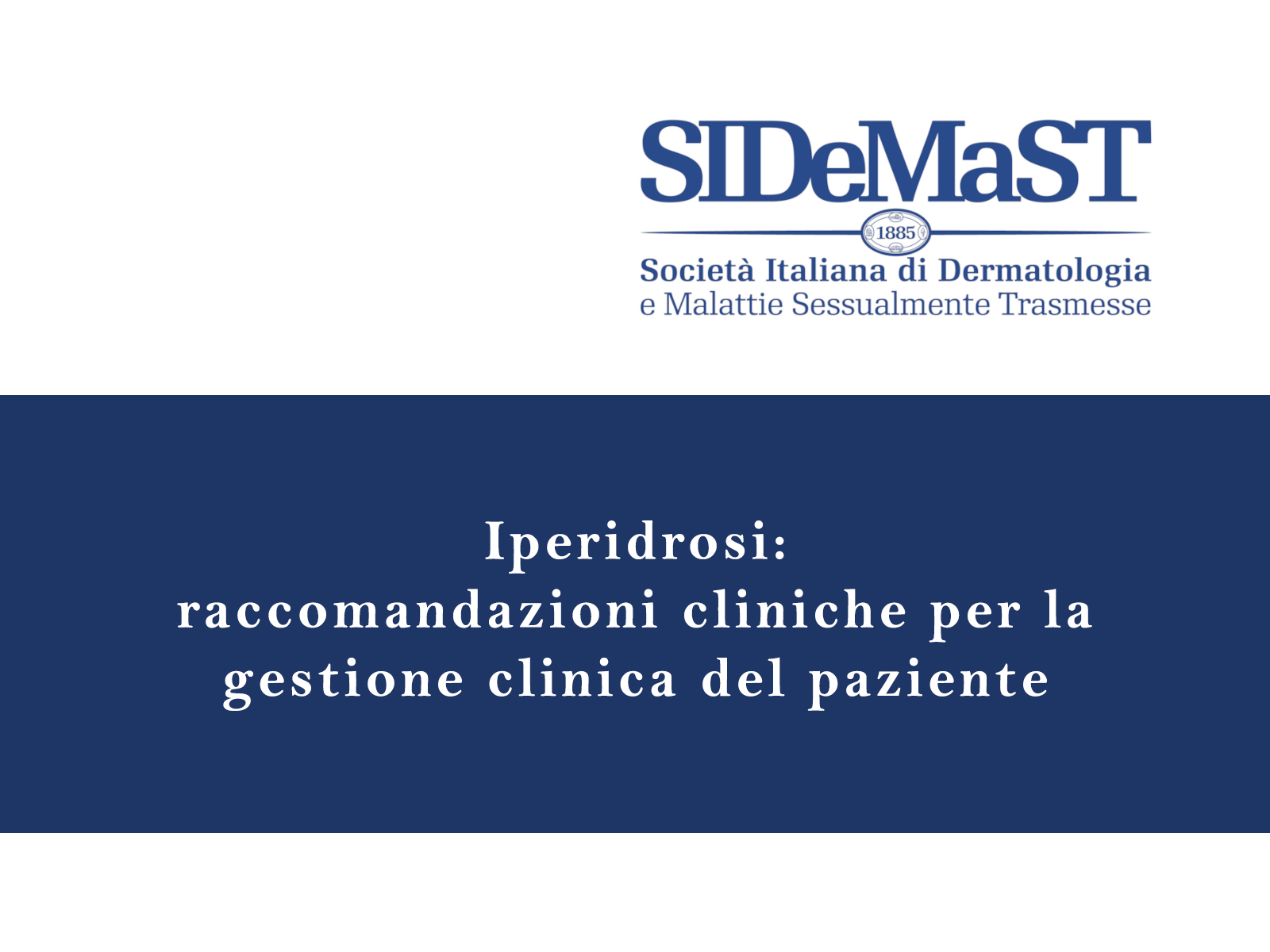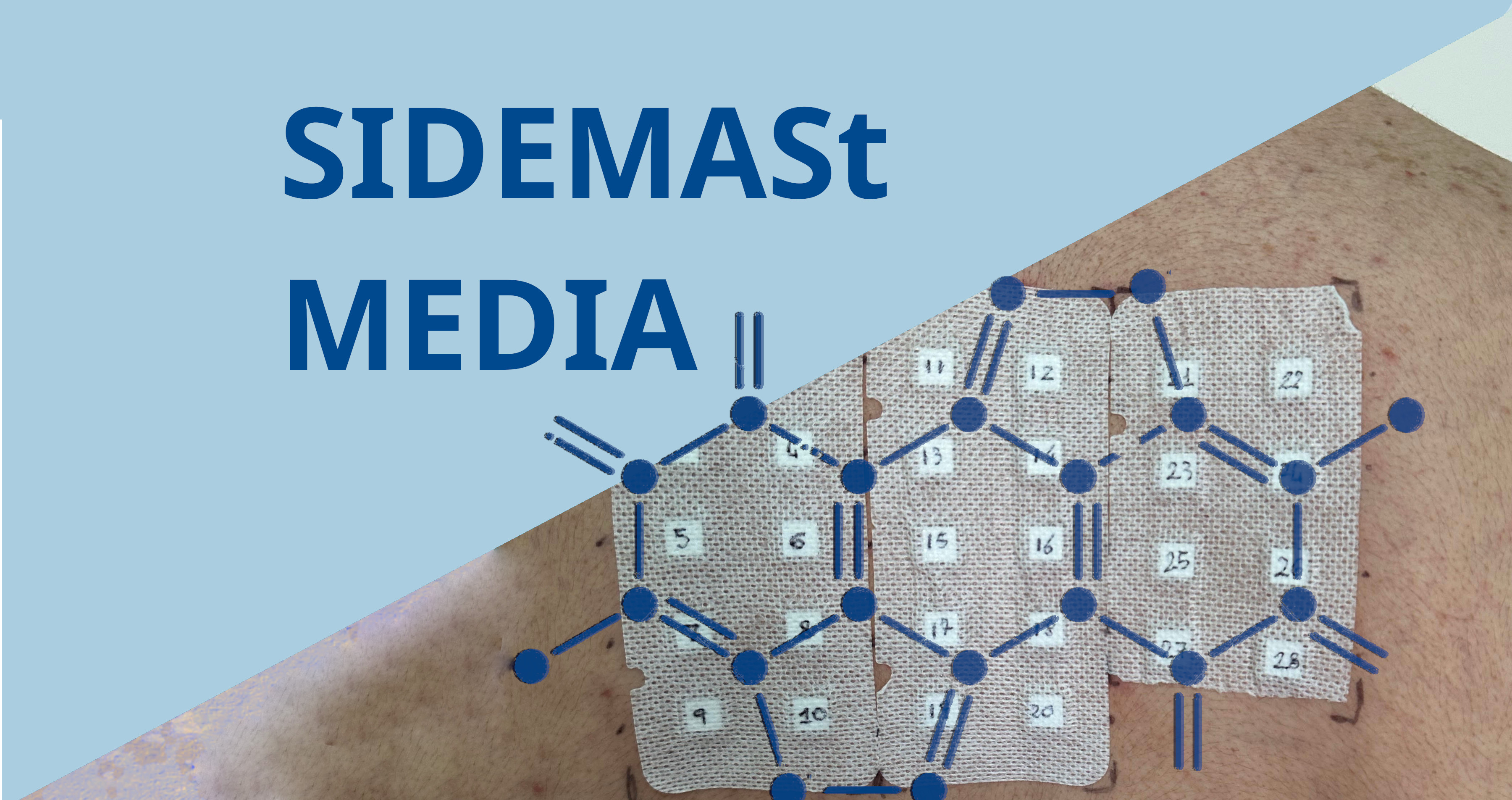The risk of a patient having a complication following Mohs Micrographic Surgery increases if that patient has a history of immunosuppressive diseases or treatments, according to results of a 4-year retrospective, chart review presented at the 2017 Annual Meeting of the American Academy of Dermatology (AAD).
For all patients with a background of immunosuppression, the odds of having a complication -- usually an infection -- increase by 9.694 times when compared with patients undergoing the skin-cancer surgery who are not immunocompromised (P = .003), explained lead author Pallavi Basu, BA, medical student, University of California - San Diego, San Diego, California, speaking here at an oral discussion on March 5.
Basu and colleagues scrutinised the records of 4,151 patients treated at their institution from 2011 to 2014 who underwent Mohs Micrographic Surgery for nonmelanoma skin cancer. In all, 693 of these patients were immunosuppressed.
Basu noted that patients who had had solid-organ transplant had 8.824 times the odds of a post-operative complication when compared with immunocompetent patients undergoing Mohs surgery (P = .006).
Among patients who had solid organ transplants, transplanted heart recipients had 7.89 times the odds of a post-surgery complication when compared with patients without histories of immunosuppression (P = .019). Patients who had undergone kidney, liver, and lung transplant were not associated with statistically significant increased risk of complications.
Use of immunosuppressive therapy was also associated with complications, increasing the rate to 5.775 times the odds of a complication compared with immunocompetent individuals (P = .021). The use of sirolimus as one of those immunosuppressive agents was associated with a risk 18 times that of the immunocompetent patients (P < .001), and the use of tacrolimus was associated with 9 times rate of complications (P = .007). Cyclosporin was not associated with a statistically significant increase in risk of complications.
The researchers also noted that alcohol use was associated with a 6.8 times the odds of a complication compared with immunocompetent individuals (P = .010).
The team did not find a statistically significant relationship between patients with a history of haematological malignancies or for those patients treated for HIV infection and complications after Mohs surgery compared with immunocompetent individuals.
"Immunosuppressed patients are not only at risk for multiple, aggressive, nonmelanoma skin cancers," she said, "but may be at an increased risk for overall postoperative complication following Mohs Micrographic Surgery."
Patients in this study who had complications tended to be older, with a mean age of 70.7 years compared with 67.8 years for patients who did not have postoperative complications (P = .005).
[Presentation title: A Four-Year Retrospective Assessment of Post-Operative Complications Associated with Mohs Micrographic Surgery in Immunosuppressed Patients. Abstract 5378]










